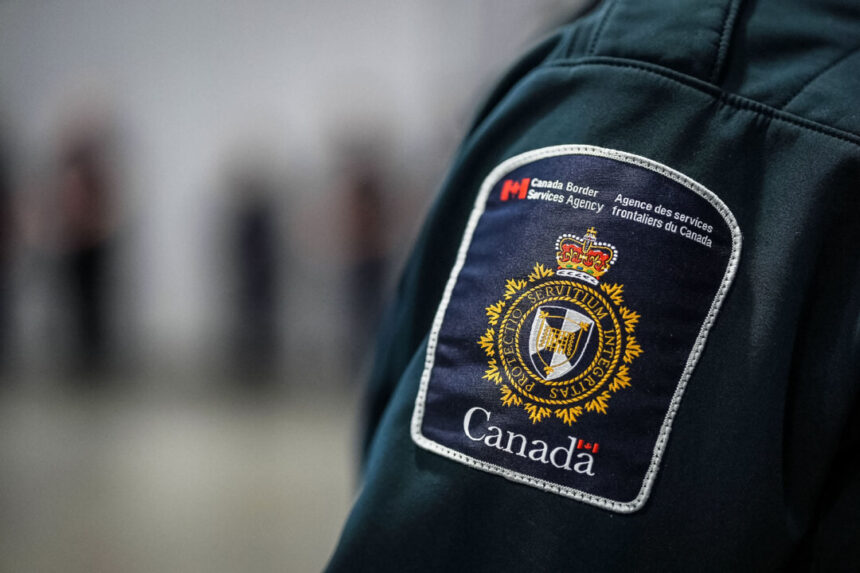Canada’s immigration security screening process has come under scrutiny following the recent arrests of multiple immigrants in alleged terrorist plots.
High-profile suspects were allowed into Canada, but many others have been flagged as potential security risks. The Epoch Times reached out to the Canada Border Services Agency (CBSA) to inquire about the number of prospective immigrants denied entry due to terrorism concerns.
CBSA couldn’t provide an exact figure but mentioned thousands of criminals attempting to enter Canada in the previous year alone. Hundreds of them were flagged for connections to organized crime and security threats, including terrorism and espionage.
The Numbers
CBSA identified over 3,500 individuals suspected of “serious inadmissibility” in 2023.
Another 37,000 were deemed “believed to be inadmissible” by an officer at a port of entry, but opted to withdraw their applications and leave instead of being referred to the Immigration and Refugee Board. CBSA couldn’t provide detailed information on these cases or the reasons for inadmissibility, citing health or financial concerns as possible factors.
Of the 3,500 suspected of serious inadmissibility, 76 percent were flagged for serious criminal offenses, while 14 percent were flagged for lesser criminal acts, 6 percent for organized crime, 3 percent for unspecified “security” reasons, and 1 percent for human rights violations or war crimes.
That’s the extent of the information CBSA disclosed regarding cases related to terrorism concerns specifically.
The agency also completed security screenings for over 38,000 permanent or temporary resident application cases in 2023, finding approximately 800 of them inadmissible on security, human rights violations, or organized crime grounds.
CBSA prevented another 7,500 individuals from flying to Canada by working with airlines and advising against allowing these passengers to board flights. The agency utilizes data sources such as the Advance Passenger Information and Passenger Name Record Data to identify high-risk individuals abroad before they travel to Canada.
Since 2021, three immigrants on Canadian soil have been labeled “inadmissible” for involvement in terrorism. However, CBSA couldn’t provide further details on these cases or confirm if they pertain to the three high-profile cases this year.
Foiled Plots
In Quebec on September 4, Muhammad Shahzeb Khan, a Pakistani national, was arrested for allegedly planning to target a Jewish center in New York City on the anniversary of a Hamas terrorist attack on Israel.
Overall, the Canada Border Services Agency remains confident in Canada’s immigration screening process, despite recent incidents of foiled alleged terrorist plots.
US ‘Watchlist’ Encounters
U.S. Customs and Border Protection reported nearly 490 encounters last year with individuals on its terrorism watchlist crossing from Canada, the highest number since 2017.
The surge in immigration in Canada has necessitated an increase in mandatory security screenings, with CSIS receiving 493,200 security screening referrals in 2023. CSIS and CBSA collaborate to advise Immigration, Refugees, and Citizenship Canada on national security threats.
IRCC will have the final say on the case. The majority of the requests received were for citizenship applications (296,300), followed by refugees (128,900), temporary residents (46,400), and permanent residents (21,600).
According to a report by CSIS, the significant increase in asylum claimants in the last five years has put a strain on ports of entry and caused delays in processing, among other challenges.
When asked about the impact on resources, a CSIS spokesperson declined to comment on internal resource allocations. Former CSIS intelligence analyst Phil Gurski suggested that the agency may be facing resource constraints.
CBSA stated that they thoroughly screen all travelers entering Canada and collaborate closely with law enforcement agencies to detect any potential threats. They reassured Canadians that law enforcement and security agencies are vigilant in addressing threats to ensure safety.
Noé Chartier contributed to this report.
Source link





